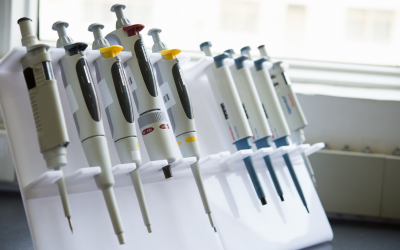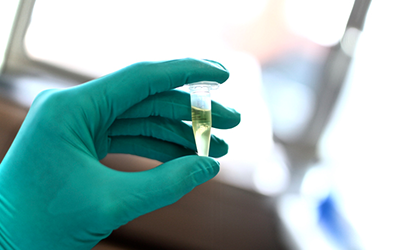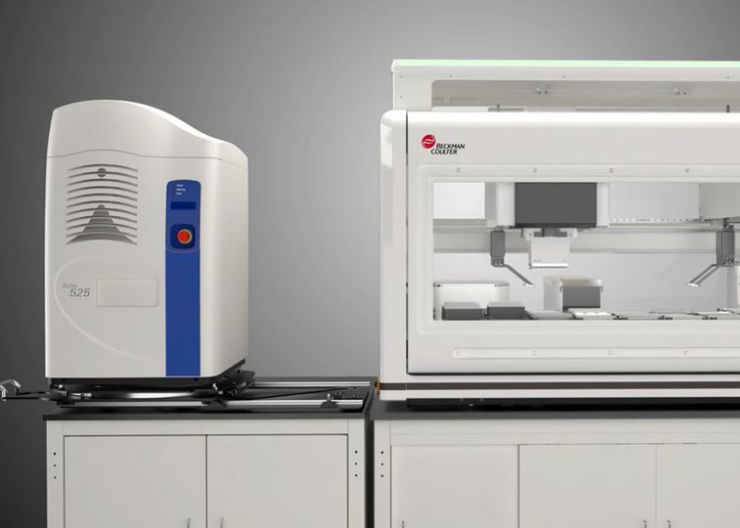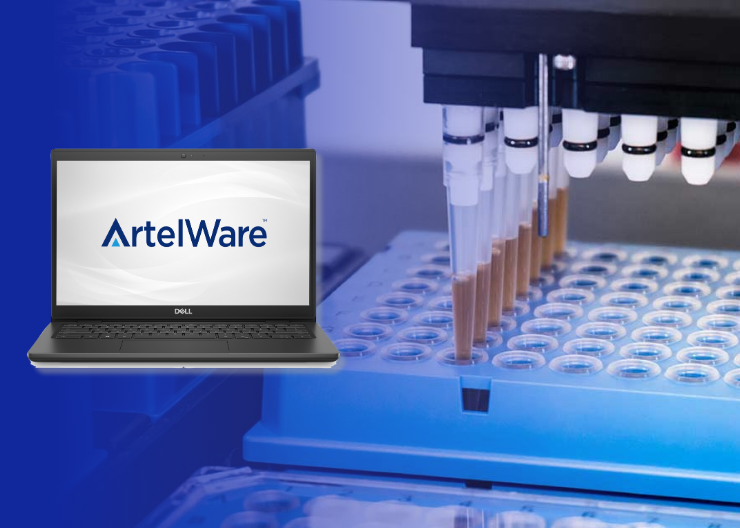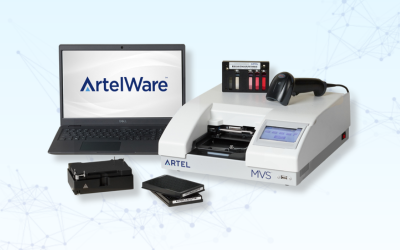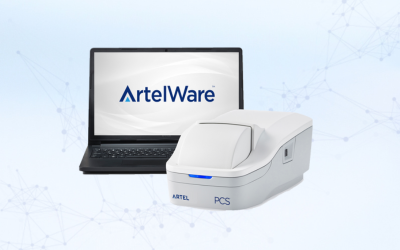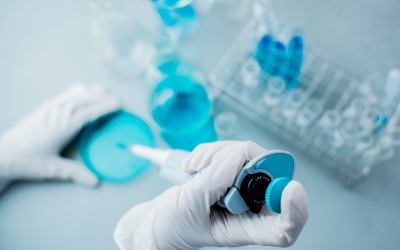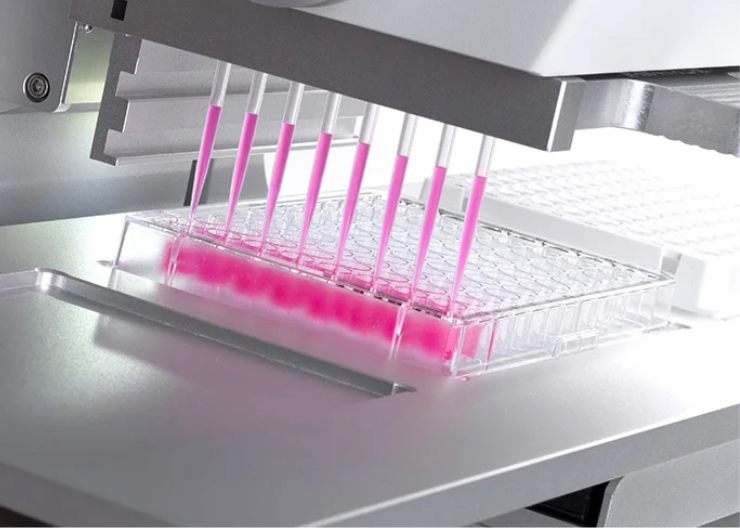MIQE Makes a Difference in PCR
A guideline such as Minimum Information for Publication of Quantitative Real-time PCR Experiments (MIQE) is a good example of how a science-based guideline can impact customers and suppliers, becoming a kind of “voluntary regulation” which aims to improve the quality of laboratory research. Compliance with this guideline allows researchers and laboratories to regulate themselves, rather than wait for government to impose a standard on them which may be unnecessarily restrictive and/or inappropriate. As well, use of the guideline can have marketing benefits to the company using it – by positioning themselves as quality-minded.
Analytical methods built around real time or quantitative polymerase chain reaction (PCR) technology are widespread and of increasing importance in many fields. Supporting the development, acceptance and transparency of this technology is an ongoing effort to provide a guideline titled “Minimum Information for Publication of Quantitative
Real-time PCR Experiments” also known as MIQE.
MIQE (pronounced mykee) includes a checklist for both essential and desirable information which should be included in research papers pertaining to PCR. This information allows reviewers and readers to evaluate the quality of the research work and also aids other researchers when they attempt to repeat the results.
So at what point does a guideline become requirement? In the case of MIQE guidelines, they have been adopted by the American Association for Clinical Chemistry and have become an expectation for authors submitting research papers to the association’s scientific journal Clinical Chemistry. Others such as Oxford Journals have also adopted this guideline in its policy for authors.
On the business side, the makers of PCR reagents and systems have found a marketing advantage in claiming that their products are “MIQE compliant”.
The checklist itself contains 57 essential items and 28 desirable items. One of these desirable items (but not essential) is the disclosure of probe sequences. Not all vendors disclose this information, so disclosure was not made a requirement. However, a footnote to the list makes it clear that use of products where sequence is not disclosed “is discouraged”. This shows how even a non-mandatory recommendation has the potential to adversely impact product acceptance.
A guideline such as MIQE is a good example of how a science-based guideline can impact customers and suppliers and become a kind of “voluntary regulation” which aims to improve the quality of laboratory research. Compliance with this guideline allows researchers and laboratories to regulate themselves, rather than wait for government to impose a standard on them.
To this author it seems that voluntary adoption of science-based quality guidelines are an attractive way for laboratory professionals to take the initiative to improve quality and avoid the imposition of mandatory regulations which may be less attractive than simply volunteering to do the right thing


